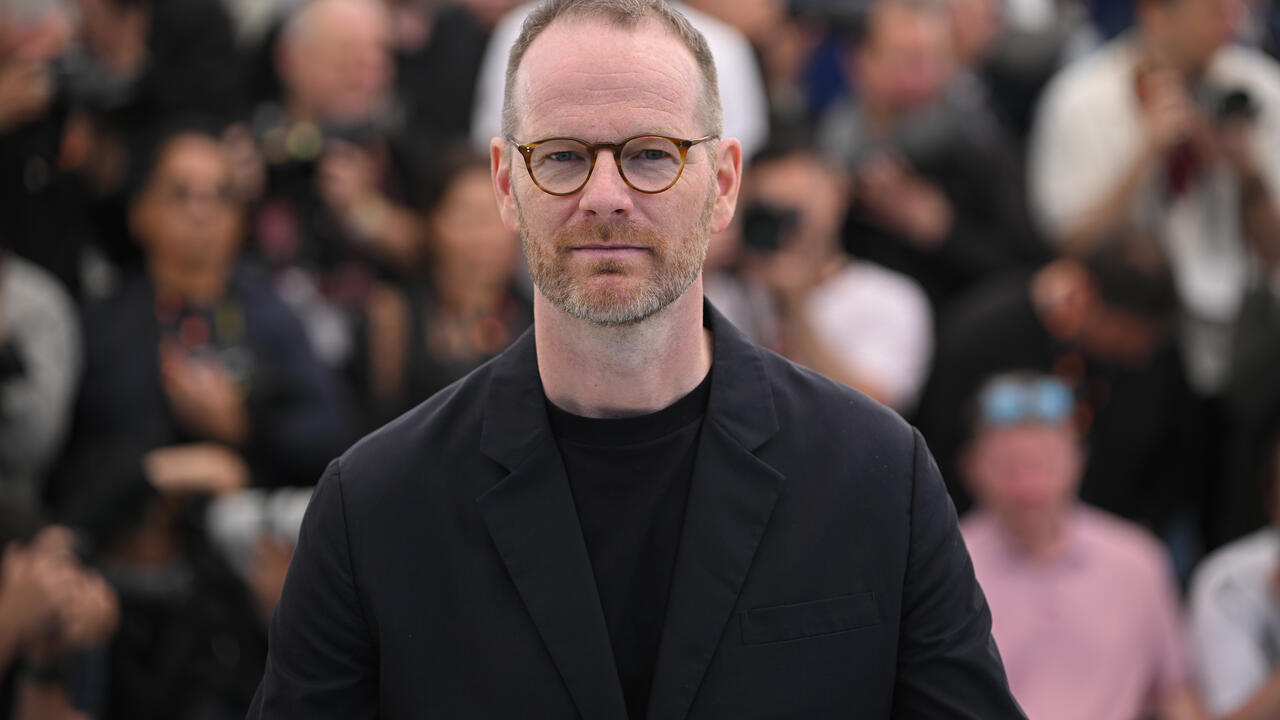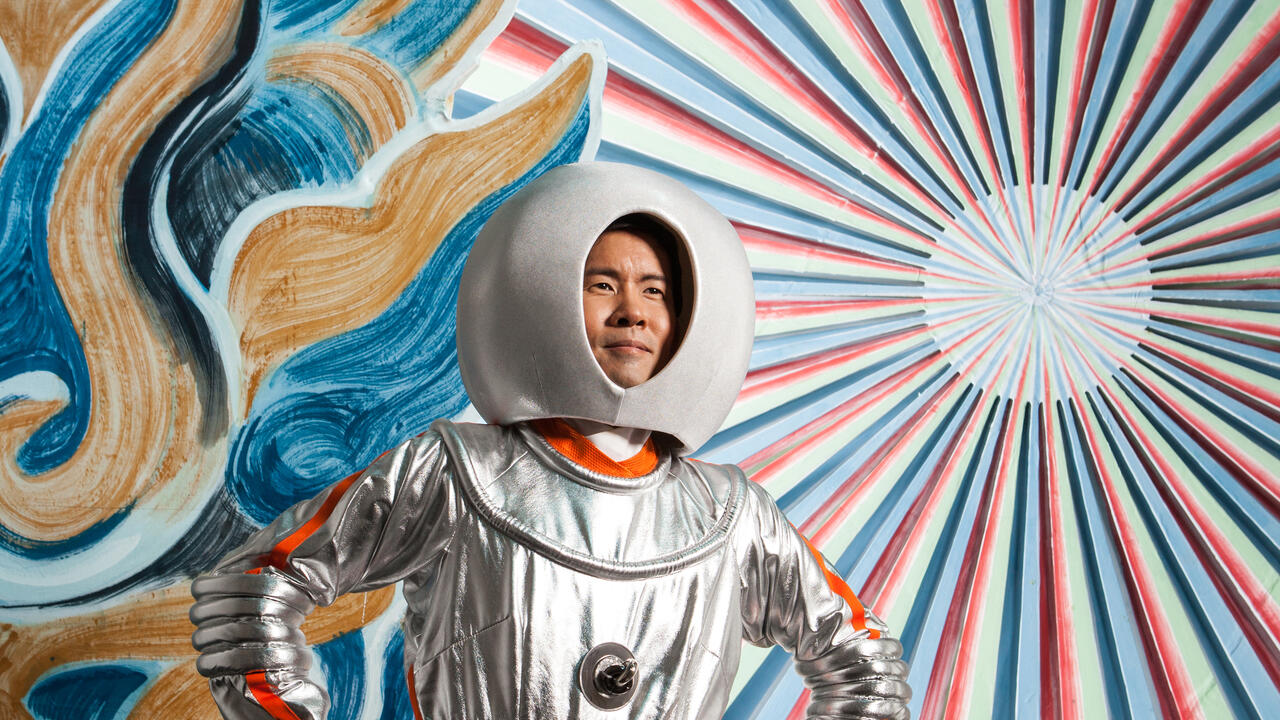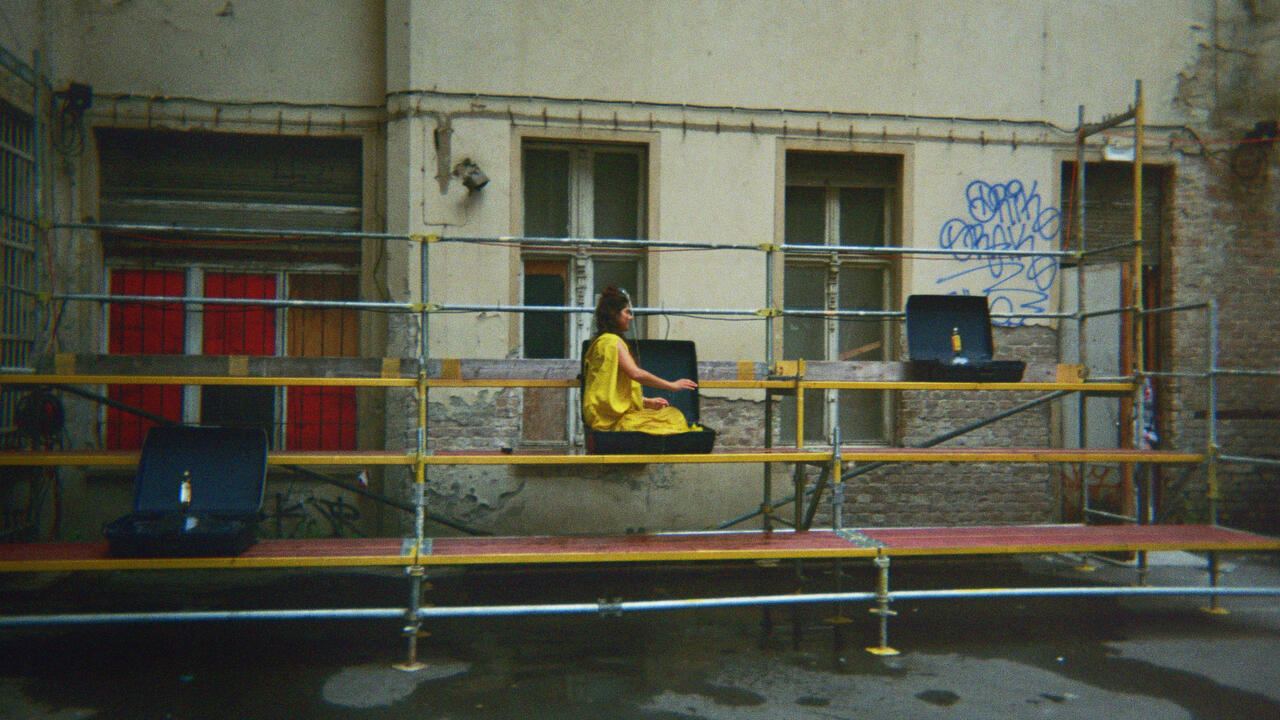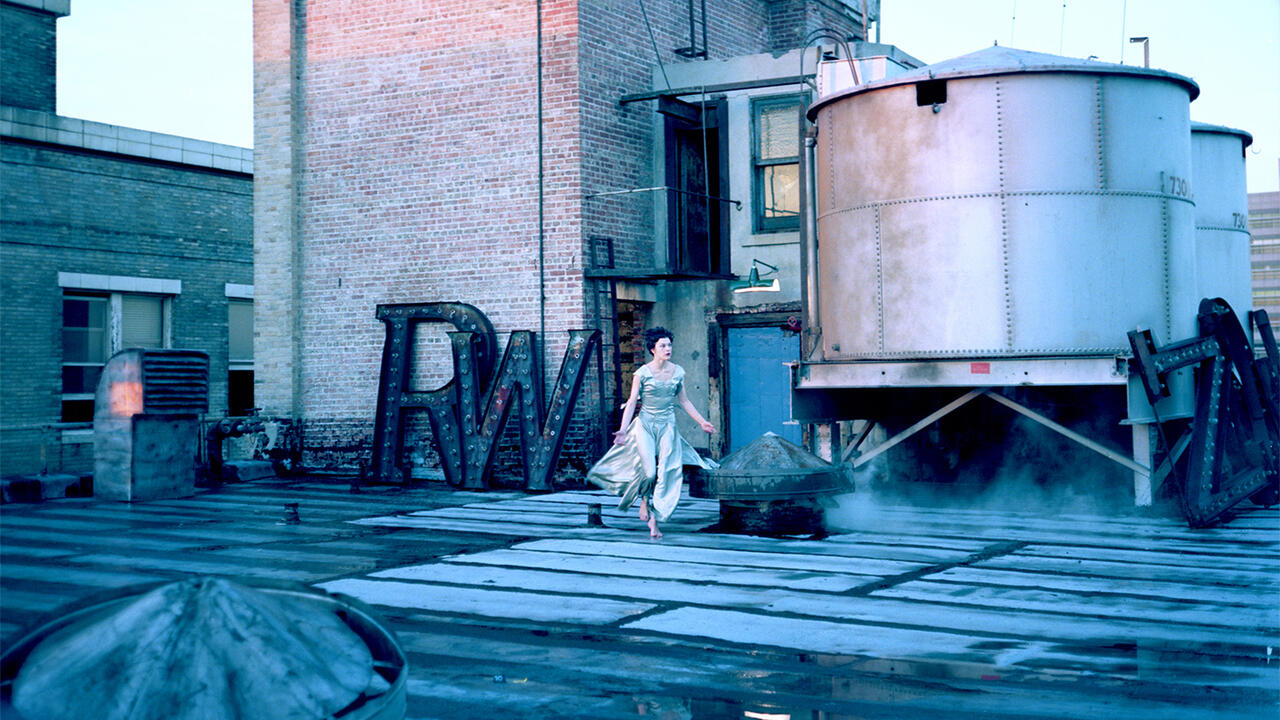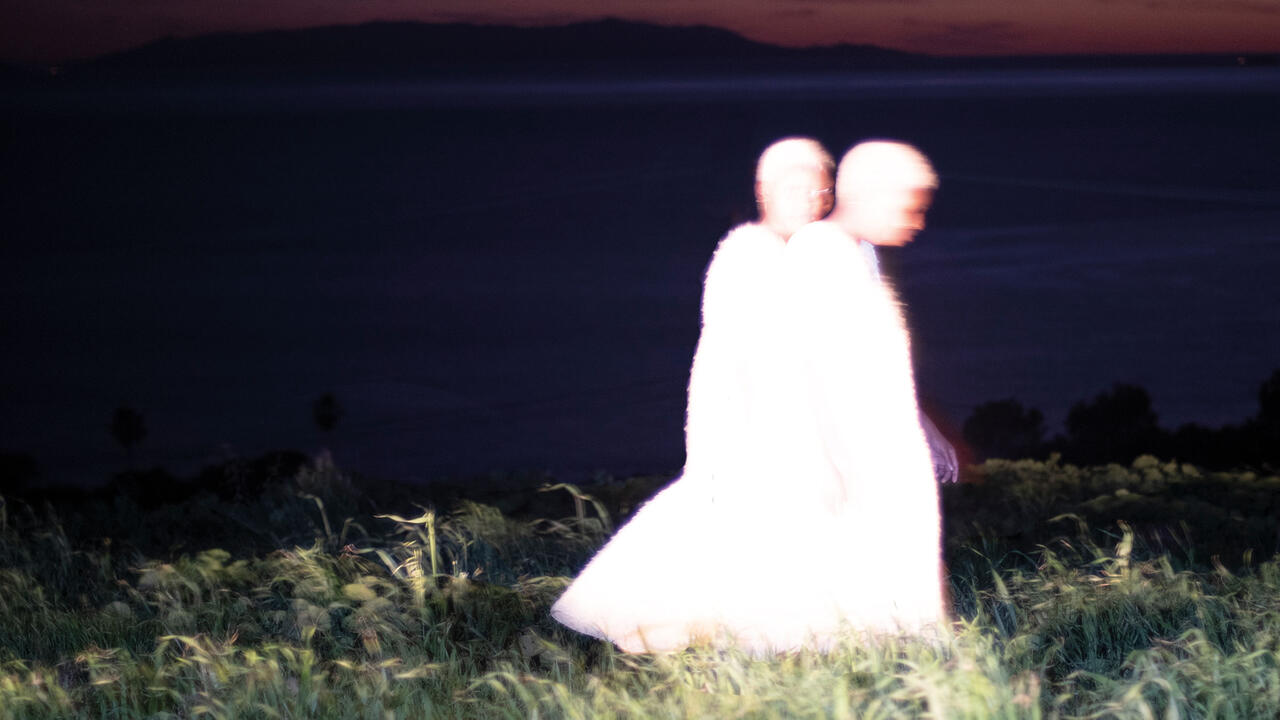The Limits of Black Panther's Afrofuturism
The mythic time of comic-book narrative represents a fatal challenge to the film’s transcendent politics
The mythic time of comic-book narrative represents a fatal challenge to the film’s transcendent politics

In his 1972 essay ‘The Myth of Superman’, Umberto Eco describes the strange temporality that characterizes long-running comic-book narratives. Such stories constitute a sort of anti-narrative: events ‘happen’ only so that they may quickly be reversed, so the original status quo of the fantasy (a superhero, typically a white male in his mid-to-late twenties, operating in a world that is basically exactly like our own) never comes under revision or reconsideration. Thus, Superman loses his powers, but quickly gets them back again; he dies, but comes back to life; his earthly home Metropolis is destroyed by robots, but gets rebuilt between issues; Lois Lane discovers his true identity but then for some reason or another she forgets it; they get married but then the universe is destroyed and history starts over from the beginning; and so on and so on. Such stories, Eco notes, take place in a sort of eternal present, ‘where what has happened before and what has happened after appears extremely hazy’. Generally speaking, events beyond the character’s origin story do not have consequences that ‘stick,’ either for the individual or for the larger society in which they live. Superman cannot use his superhuman abilities to invent free energy, launch all nuclear missiles into the sun, or abolish capitalism, any more than he can settle down with Lois Lane and become a father who will someday be replaced by his Super Sons. For Superman, Wonder Woman, Batman, the Flash, and all the rest to make permanent, transformative difference in the world would dislocate the comic from the original point of entry to which it must always return, so the stories can remain endlessly available to new readers.

The mythic time of comic-book narrative has found its match on the big screen in the form of the film franchise, perfected by the so-called ‘Marvel Cinematic Universe’ and is rapidly becoming implemented across all other big-screen properties as well. Since Iron Man first announced himself to the world in the eponymous 2008 Marvel Studios film – incidentally developing energy systems, repulsor rays, and other technologies that would revolutionize industrial production, communication, transportation, and war – the shared world of the Marvel Cinematic Universe has faced repeated alien invasion (The Avengers and Thor films, 2011-ongoing), a malevolent robotic superintelligence trying to take over the world (Avengers: Age of Ultron, 2015), the public revelation of a secret Nazi conspiracy embedded at the highest levels of the US government (Captain America: The Winter Soldier, 2014), the perfection of cheap, efficient, and easily scalable miniaturization and gigantification technology (Ant-Man, 2015, and Captain America: Civil War, 2016), and more. But these events and the massively destructive consequences they have unleashed have, by and large, barely impacted social or economic conditions on the planet. Every Marvel film still starts more or less ‘in the present day,’ despite the decade of geopolitical, technological, and existential chaos on every scale that we just saw in all the other films.

Franchise time thus represents a fatal challenge to the transcendent Afrofuturism of Ryan Coogler's Black Panther (2018). The film's inspiring utopian vision is undeniably powerful: a hidden African nation – Wakanda – which has not only avoided colonization but has also developed innovative technologies and independent wealth that might upend the racist police, military, intelligence, and economic violence that protects white, Western hegemony at the expense of non-white people at home and abroad. The film’s complicated villain Killmonger, and his plan to use this Wakandan superiority to conquer and liberate the world, may have met defeat by the end of Black Panther. But most viewers will still feel relieved in the closing scenes that protagonist T'Challa has decided that Wakanda can no longer stand idly by and allow barbaric Western powers to brutalize the globe, and suggests peaceful means of effecting similar change – NGOs and humanitarian aid – to uplift the benighted West.

But Black Panther is not a standalone movie, nor an origin story in the traditional sense. Its narrative is disciplined not just by its embedding in ‘real history’ but in a fictional franchise history whose long-term planning is said to extend to the 2030s, if not beyond. We can see the reactionary effects of this disciplining in both temporal directions. The nonexistence of Wakanda ‘up to now’, its refusal to participate in global events, even in the face of the slave trade and European colonization, actually becomes a plot point in the film: the motivation for Killmonger's anger and the root of his radical politics. And unfortunately – because of the narrative requirements of franchise time – Wakanda will have to continue not to exist after Black Panther as well. A world with an unhidden Wakanda would very soon look almost nothing like our world – Wakandan emergence would be as seismic in its own way as major cities being destroyed by aliens, lifted thousands of feet into the air by killer robots, and smashed to bits by monstrous green Hulks. What Wakanda would actually mean to the globe – materially, technologically, economically, philosophically, spiritually – would be so radical as to permanently sever the connection between ‘there’ and ‘here’ on which the eternal present of the Marvel Cinematic Universe is based.
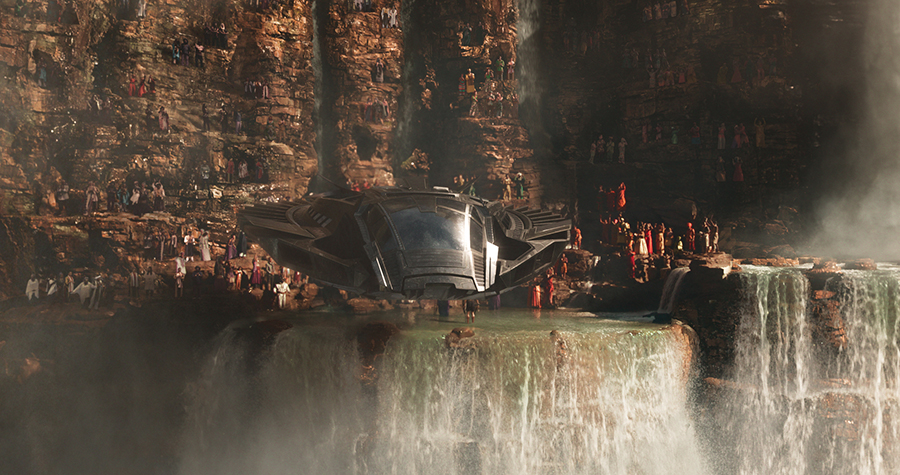
So even if Marvel Studios were genuinely committed to the ongoing depiction of an African superpower that could challenge the West's racist fantasy of its own superiority, Wakanda will never actually be allowed to become the incredible hyper-power the events of Black Panther demand it would. We won’t see Wakandan planes protecting civilians from US drone attacks, nor the bringing of American war criminals to international justice in Wakandan courts; we won't see a planet whose technological, economic, and cultural centres of gravity all rapidly shift to Africa, nor a planet whose political and social institutions begin to resemble Wakanda much more than either liberal capitalism or Chinese neoliberal socialism. Just as we've seen in Wakanda stories across Marvel's comic-book history – in which the narrative pressures that Eco identifies in Superman stories conspire to prevent Wakanda from actually becoming the global hegemon the terms of the story insist it would – Wakanda's true moment of emergence will always be forestalled. In this dialectical way, what is best about the film is also what is worst about it: the radical historical difference of Black Panther’s Afrofuturist vision will not be allowed to stay either radical or different, will never be allowed to escape the gravitational pull of its bad origin in our real history.
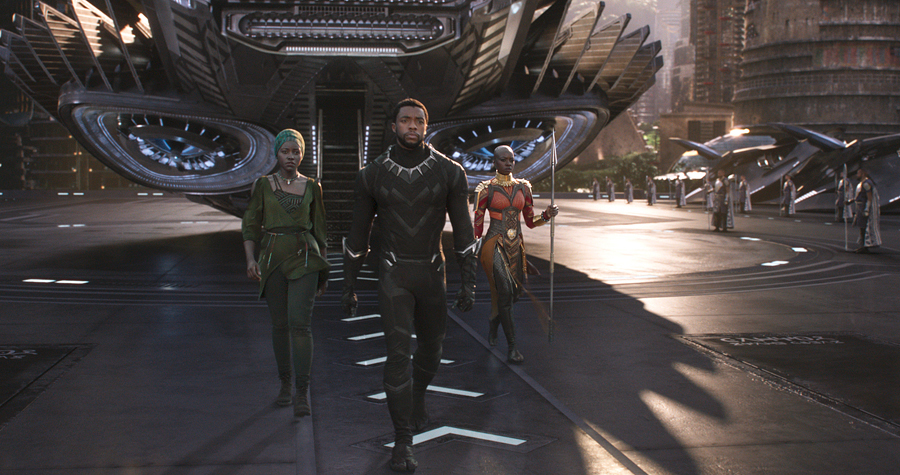
Alas, it seems likely that Marvel has already shown us how they are going to zombify Black Panther’s Afrofuturist potential, if the new Avengers: Infinity War (2018) trailer is anything to go by; it features the nation beset by battle from yet another set of alien invaders. Will Wakanda be destroyed before it gets the chance to change the world, and Black Panther 2 be forced to tell the story of a ruined superpower beset by catastrophe instead? Whatever Marvel decides, franchise time demands that the question of Wakandan superiority and its potential challenge to American empire will ultimately just fade into the murky past of the Marvel Cinematic Universe, as the string of sequels introduce new problems, characters, and stories whose own narrative development will also always reset back to one, just in time for the start of the next show, forever.
Main image: Black Panther, 2018, film still. Courtesy: Marvel Studios









